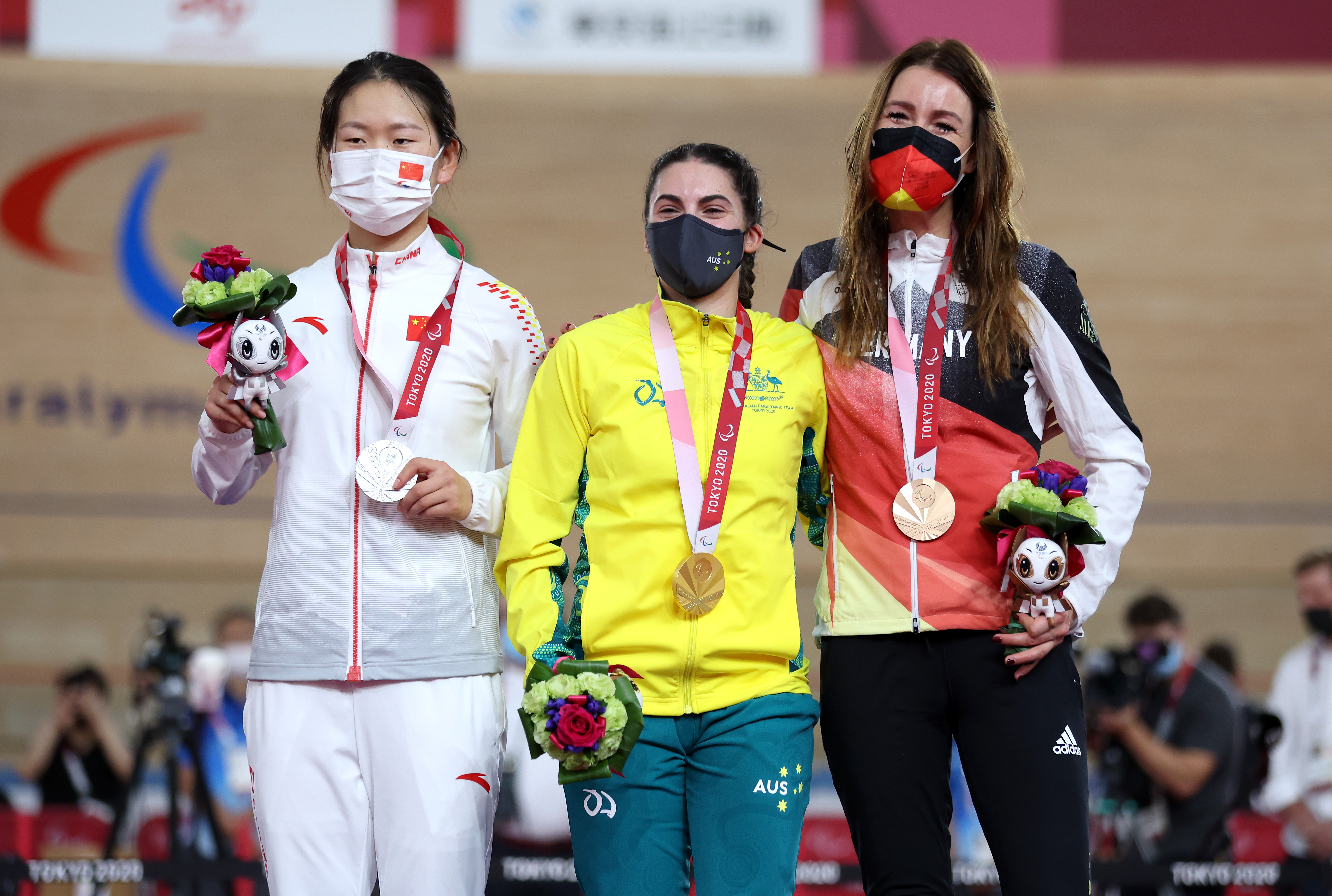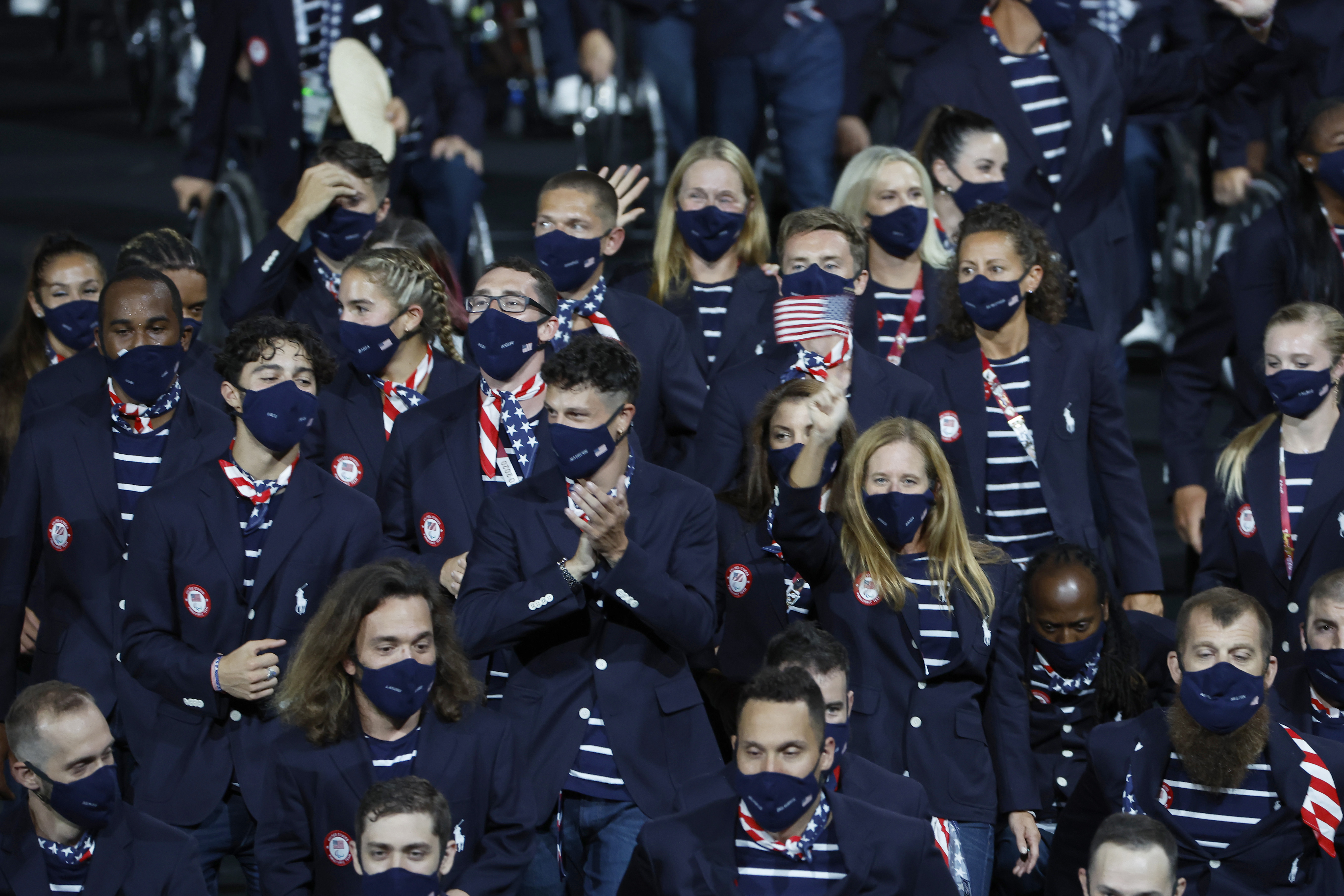Skateboarding icon Tony Hawk is closely watching the debut of his sport at the Tokyo Olympics – close enough to see every Olympian’s skating sesh, epic tricks and dedication – and he truly can’t believe his eyes.
“I can’t believe it; it’s been a long time coming,” Hawk told NBC 7 anchor Steven Luke at the Tokyo Olympics, referring to the debut of skateboarding on the world’s biggest sporting stage.
“I mean, if you’d told me when I first started skating over 40 years ago that it would one day be in the Olympics, I would not have believed you because we were mostly made fun of for doing it,” he added.
I mean, if you’d told me when I first started skating over 40 years ago that it would one day be in the Olympics, I would not have believed you because we were mostly made fun of for doing it.
Tony Hawk, Skateboarding Icon and NBC Olympics correspondent at the Tokyo Olympics
The skateboarding legend – who lives and skates in San Diego’s North County – is currently at the Olympics, serving as an NBC Olympics correspondent for the Games.
Hawk, 53, joins other famous faces on the Olympics correspondents team like figure skating besties Tara Lipinski and Johnny Weir.
Tokyo Olympics
Watch all the action from the Tokyo Olympics live on NBC
For Hawk, a 12-time world champion in skateboarding, the experience has been cool.
“I’m excited; it’s all happening very quickly,” he explained.
And, while the Olympics gig is exciting for him, he said the biggest thrill in Tokyo will be watching his sport – the thing he’s made a career out of for decades – get its moment in the international spotlight.
He told NBC 7 the feats of athleticism from Team USA skateboarding are incredible.
The Tokyo Olympics squad includes a half-dozen athletes from San Diego County: Tokyo bronze medal winner Jagger Eaton; Cory Juneau; Heimana Reynolds; Bryce Wettstein; Brighton Zeuner; Jordyn Barratt.
And when they get on those ramps, Hawk knows the idea of skateboarding as a sport will gain respect.
“That perception will change when they see the level of skill and the determination and the passion from these skaters,” Hawk said. “Obviously, skating has a lot of stigmas and misperceptions of, ‘it’s all just outlaws or misfits or slackers’ or whatnot, but if you get to the heart of it, it’s really about the determination and the perseverance of these skaters and how they thrive.”
That perception will change when they see the level of skill and the determination and the passion from these skaters,
Tony Hawk, Skateboarding Icon and NBC Olympics correspondent at the Tokyo Olympics
“And also, just in the style,” Hawk added. “And so, when you see that all lit up on this stage, I think people are going to change their minds dramatically, just from seeing the action.”
Hawk – known for skating vert and becoming the first vert skateboarder to land a 900 in 1999 – still skates daily at a high level.
“I mean, I just do it because I enjoy it. I have never quit,” he said.
But could he have competed in Tokyo?
The skateboarding master told NBC 7 he’s just not sure about that.
“I don’t know, I’m more on the vert discipline, which is the bigger ramps – the ramps that are a size 13 to 14 feet – park style is a little small for me,” Hawk explained. “I know that might sound crazy, but I’m used to the big ramps and that timing of them. You get a lot more airtime on those ramps, so there’s more freedom to do tricks in the air.”
He said the Team USA athletes skating park at the Tokyo Olympics are extremely focused and detailed.
“This one (the park ramp) requires much more precision and there’s not a lot of room for error in terms of your landing zone,” he explained. “And I like my big, smooth landing zone.”
But that doesn’t mean he didn’t give the park course a whirl.
After all, he’s Tony Hawk.
“I was the first one on the park course,” he said, smiling.
He had a chance to warm up the course before the Olympians arrived in Tokyo.
Hawk is used to skating with both the veterans and rising stars of his sport.
Back home in San Diego’s North County, he often invites skateboarders to use his ramps.
“If they want to come skate my ramp, they’re welcome to. They can find me,” he said. “I enjoy giving them the opportunity and helping them with whatever guidance they might ask for – and not just tricks but sort of, ‘How do you navigate this as a career?’ I’ve been doing this a really long time and I’ve seen it ebb and flow and it’s hard to maintain.”
Since skateboarding has deep ties to Southern California and San Diego County, Hawk said being at the Tokyo Olympics during the sport’s debut feels like home. Everywhere he turns, he knows someone tied to the industry building ramps, coordinating and organizing the events.
“I see all these people here and I’m like, ‘Wait, are we just at the local skate park now?’” he told NBC 7.
And that’s exactly what Hawk loves about skateboarding.
The people make it so special.
On a big stage or a little stage, on a vert or park ramp, at the local skate park or at the Olympics, skateboarding, he said, is for everyone, everywhere.
“I always say, ‘Skateboarding is the great equalizer.’ It doesn’t matter your age, your race, your background, your gender – everyone’s welcome,” Hawk said. “And you’re just judged on how you skate.”
Skateboarding is among several sports making their Olympic debuts in Tokyo. Surfing – another classic SoCal staple has already made waves – as well as softball, 3x3 basketball, sport climbing and karate.
I always say, ‘Skateboarding is the great equalizer.’ It doesn’t matter your age, your race, your background, your gender – everyone’s welcome. And you’re just judged on how you skate.
Tony Hawk, Skateboarding Icon and NBC Olympics correspondent at the Tokyo Olympics
Skateboarding is among several sports making their Olympic debuts in Tokyo. Surfing – another classic SoCal staple has already made waves – as well as softball, 3x3 basketball, sport climbing and karate.
How to Watch Skateboarding at the Tokyo Olympics
Here's a full guide on how to watch skateboarding at the Tokyo Olympics.
The highlights: Wettstein, Zeuner, and Barratt will compete in the qualifying round on Tuesday at 5 p.m. PT (San Diego time). The top eight competitors from that round will advance to the finals at 8:30 p.m. PT.
You can watch on NBC prime time or with the streaming link below:
The men's park team, including Reynolds and Juneau, will compete at the same times on Wednesday: 5 p.m. PT for the qualifiers and 8:30 p.m. PT (San Diego time) for the finals.
You can watch those events on NBC prime time or with the streaming link below:
And for everything you need to know about skateboarding at the Tokyo Olympics (including how skaters are scored) and more info on the San Diego athletes competing, check out this guide.




